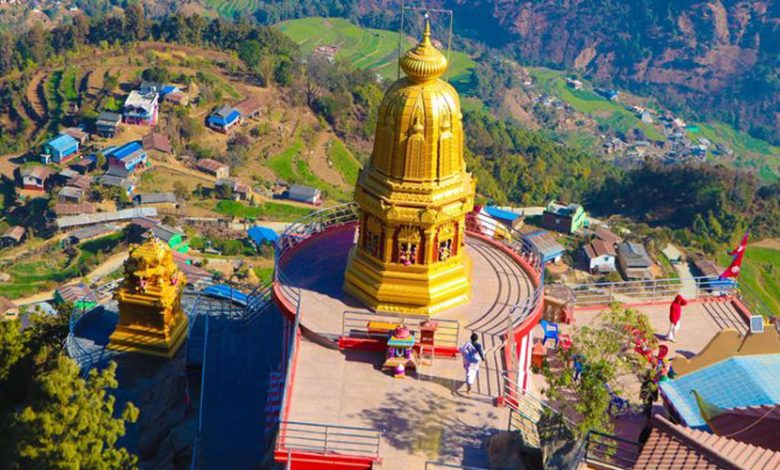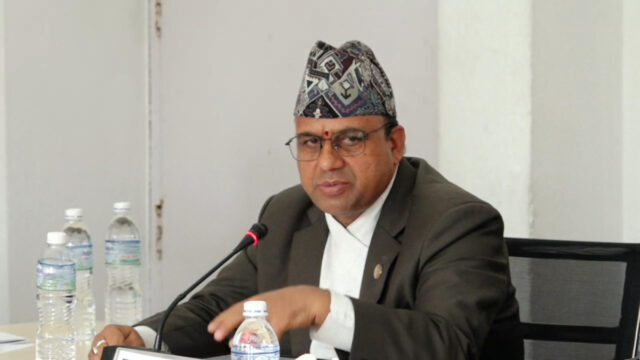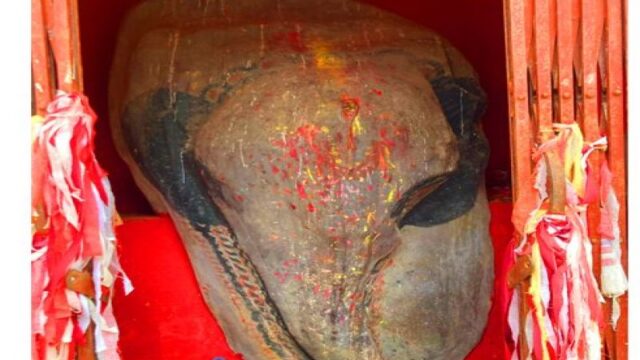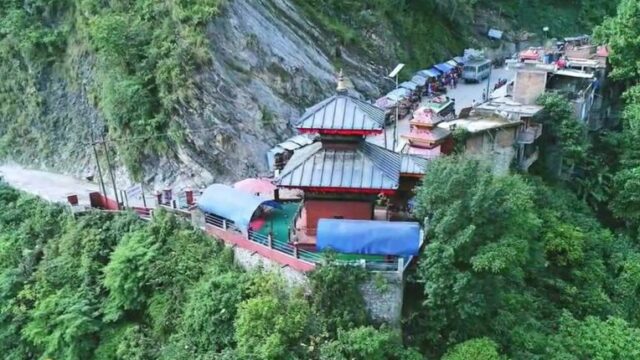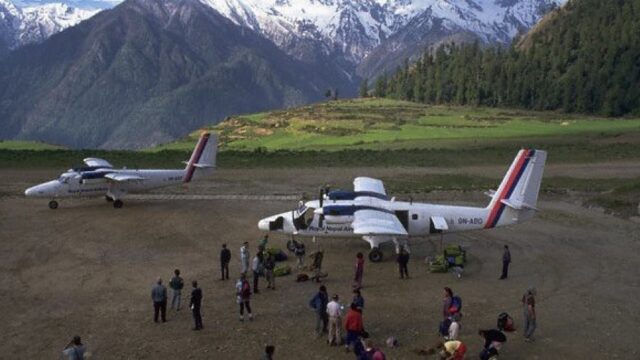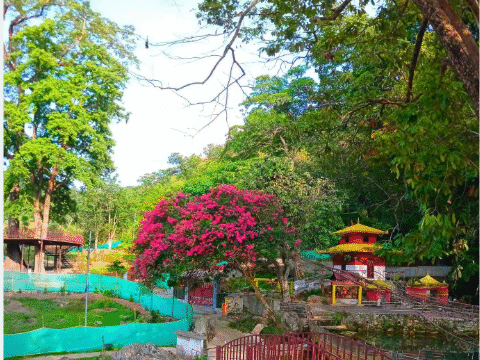At the 30th Global Peace Gandaki Assembly held at Panchakot, Baglung Municipality-6, scholars emphasized the urgent need to protect the Kaligandaki River and the unique Saligram stones found exclusively in this river’s vicinity.
During the event at Vishwashanti Sarvasiddhidham Panchakot, speakers expressed concern over the excessive exploitation of natural resources, warning that it could endanger the entire ecosystem. Shankar Kharal, Senior Vice President of the World Hindu Federation Nepal, highlighted that the Kaligandaki River is not just a water source but a cradle of civilization. He pointed out that the river’s origin, Damodar Kund, is deeply connected to human evolution.
Sudarshan Acharya, spokesperson for the Gandaki Assembly, spoke about the historical and religious significance of the Kaligandaki River and its surrounding pilgrimage sites. “This is a sacred land where sages and rishis meditated, and it is mentioned in religious scriptures and epics,” he stated. “The Kaligandaki is the only river in the world that flows through Muktikshetra and carries the holy Shaligram stones.”
The primary objective of the Gandaki Assembly is to safeguard the Kaligandaki River, Acharya added, drawing parallels between the Koshi civilization in eastern Nepal, the Karnali civilization in the west, and the Gandaki civilization in central Nepal. “If the Kaligandaki River is endangered, the entire Gandaki civilization will be lost. This assembly is organized to raise awareness and pressure stakeholders to take responsibility for the preservation of the Kaligandaki River and Shaligram stones,” he said.
The assembly plans to extend its efforts across all 11 districts and 85 local levels of the Gandaki Province. To date, assemblies have been held in Baglung, Parbat, Myagdi, Kaski, and Tanahun, according to the Panchakot Development Council.
Jagannath Acharya, Chairman of the Council, stressed the importance of protecting water, land, and forests, as they are vital for the survival of all living beings. Experts also urged special attention to the conservation of rivers like the Kaligandaki, which serves as a water source for two billion people worldwide.
Activists warned that the exploitation of the Kaligandaki not only threatens its beauty and cultural heritage but also disrupts the overall human-nature balance, necessitating a conservation campaign. They called for the Kaligandaki River to be allowed to flow naturally, respecting its religious, cultural, biological, and natural significance, as well as its connection to people’s livelihoods.
The Kaligandaki River, known as the only source of the Saligram stones worshipped as incarnations of Lord Vishnu in Hindu traditions, holds great spiritual importance for devotees. Originating from Damodar Kund in the Himalayas and flowing south through Muktikshetra in Mustang, the Kaligandaki is a key river system in the central part of Nepal.
